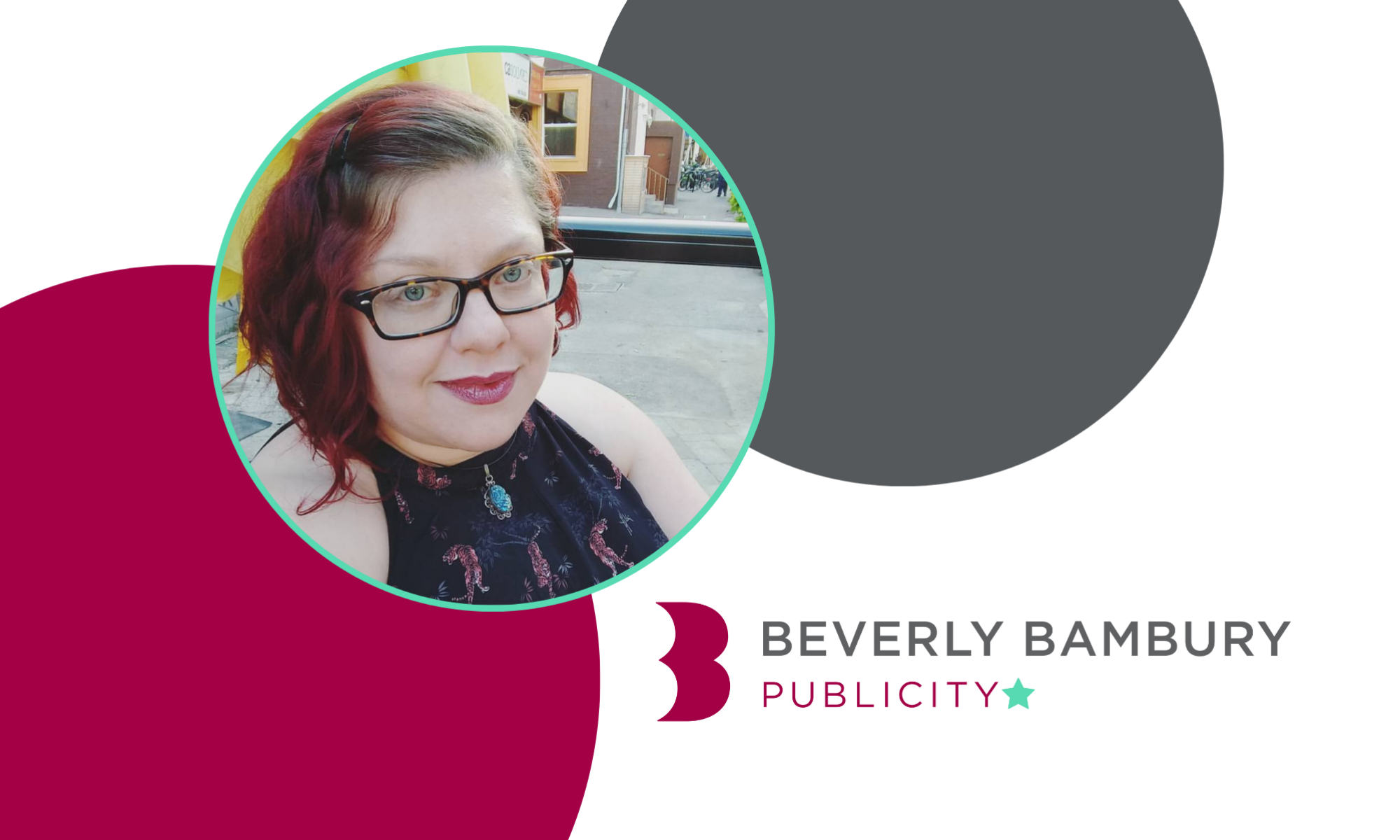It’s been interesting prepping for my upcoming self-promo webinar sessions. Over the last several years I’ve learned a lot about the different types of writing. Stuff I know both practically and from my education: sales writing, business writing, formal argumentation, Facebook posts, etc. So perhaps ironic would be a better way of describing my efforts instead of interesting; because I didn’t do a very good job getting this out the door.
What happened was that I wasn’t getting nearly the number of conversions into ticket sales that I would have expected based on the even’ts page views. A couple of days ago it hit me hard: I’d left the Eventbrite page the same text as my rambling blog post. I’ve fixed it up now, but for this first session it may be too little too late.
So that’s my big lesson–more information isn’t necessarily better when it comes to sales communication. I do like a nice, dense, informative blog post, (OK. I probably could use editing there, too,) but when you’re trying to interest someone, you have to be short, punchy, and get the benefits out there first thing. I didn’t do a good job at that.
In any case, learning from mistakes is a valuable part of getting better at anything, whether it’s running a business, the craft of writing, relationships, cooking… anything. So embrace the suck, as they say, and figure out what to do better next time.
So what has been your big lesson lately? What are you doing differently these days? If you care to share, how did you realize your mistake?
